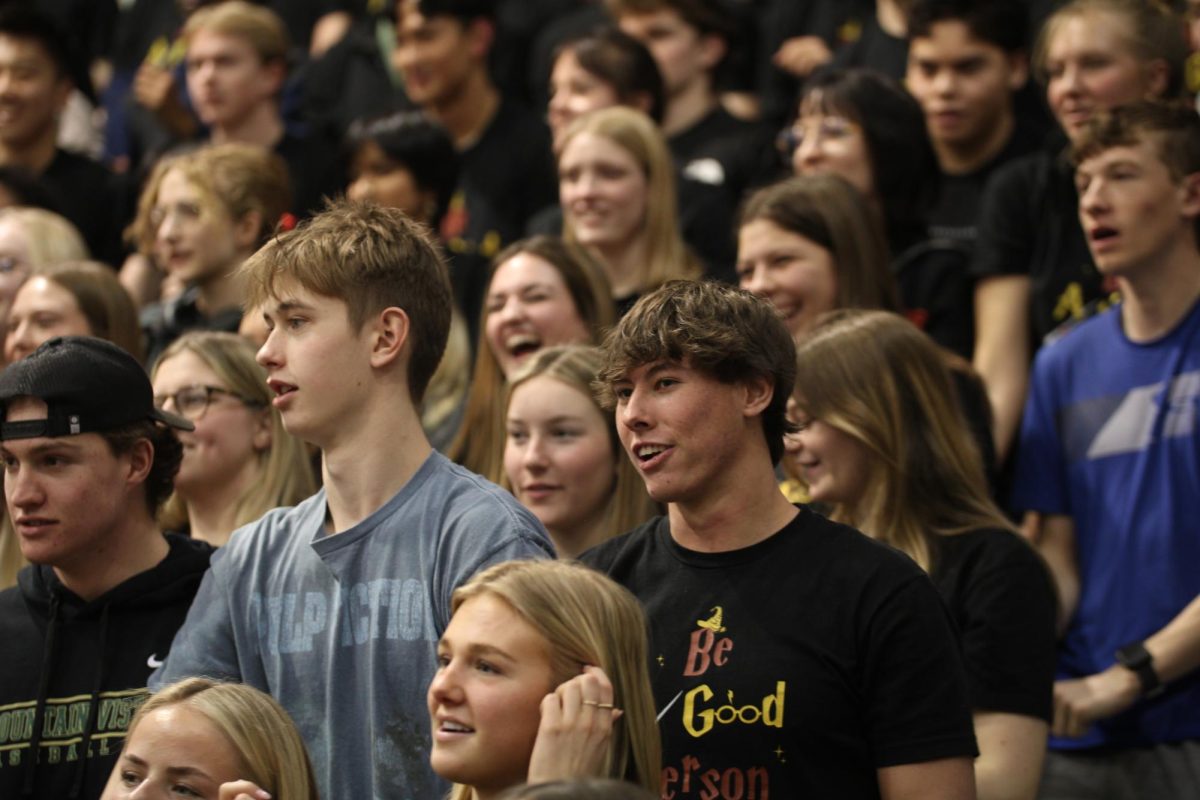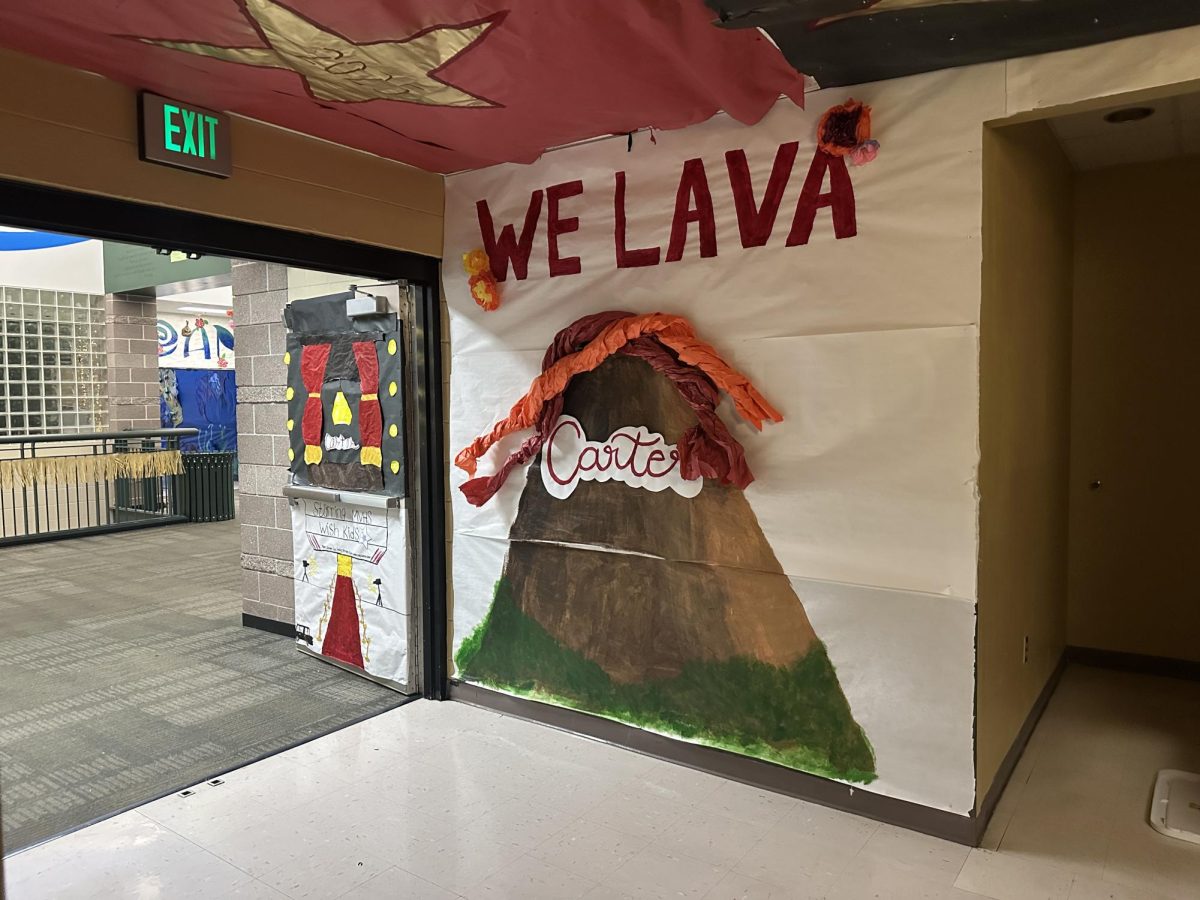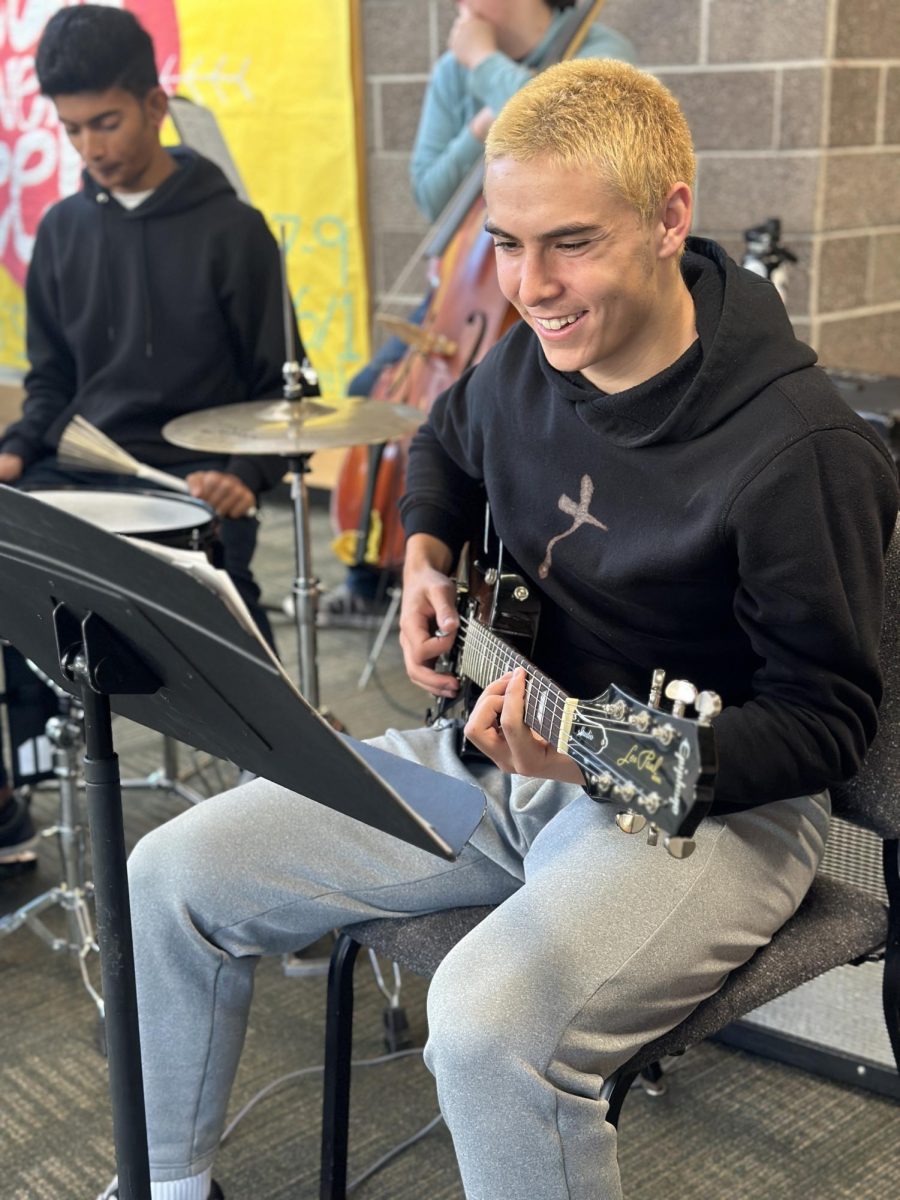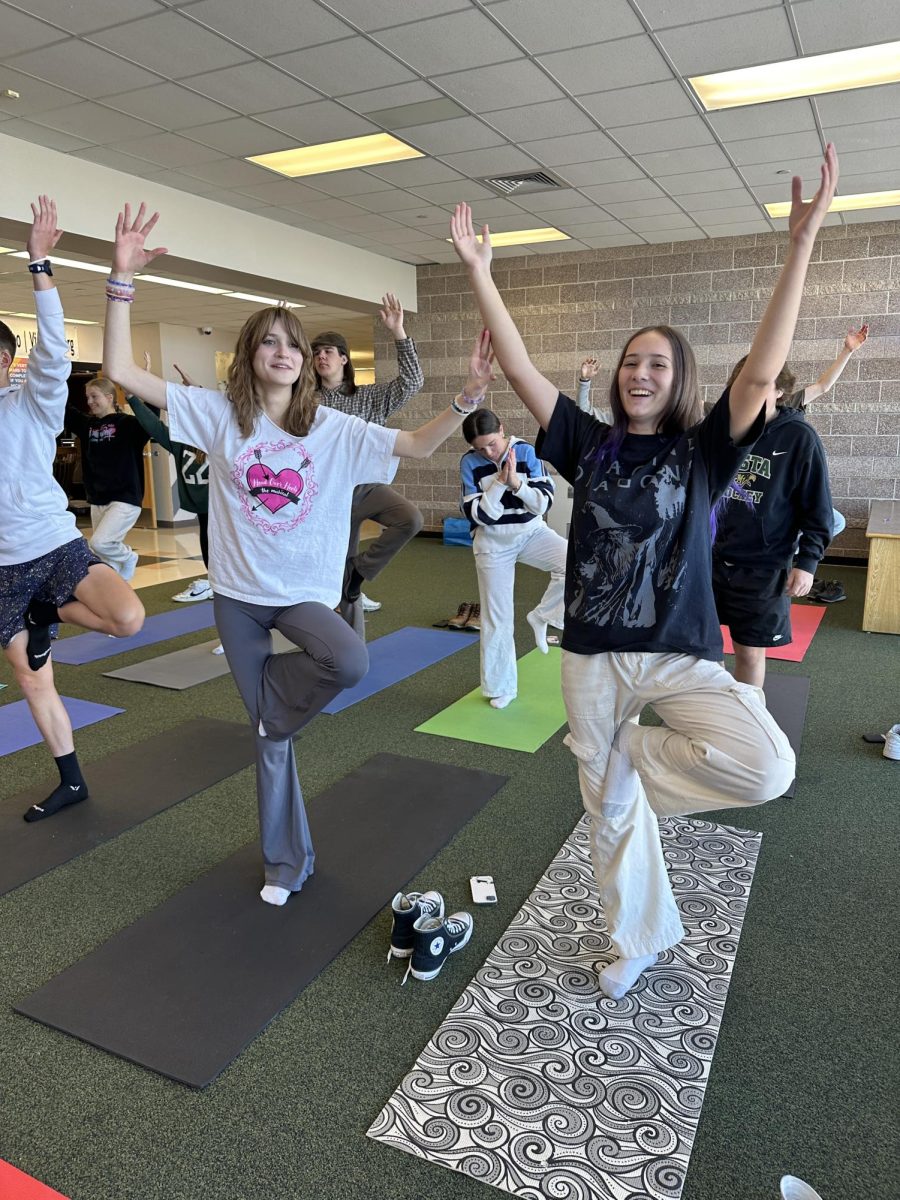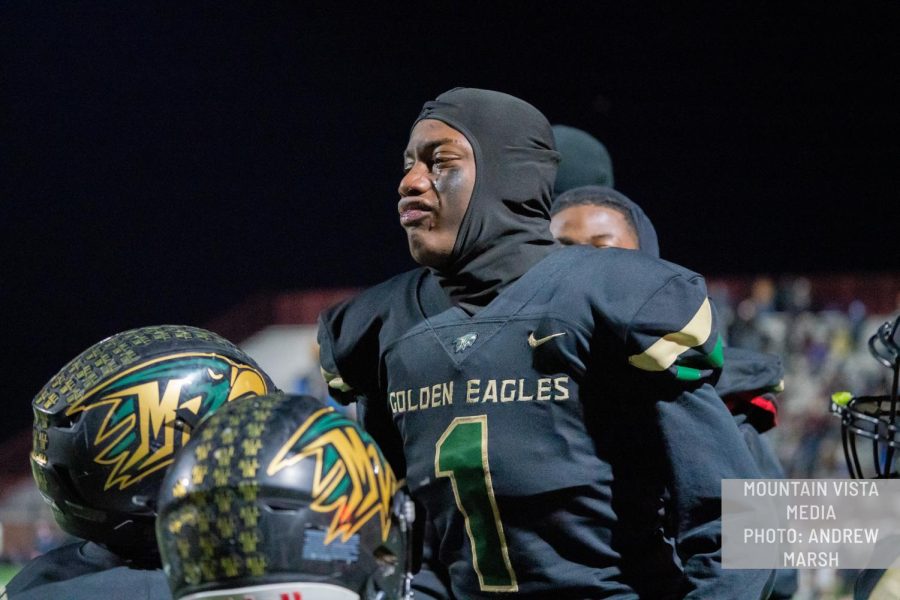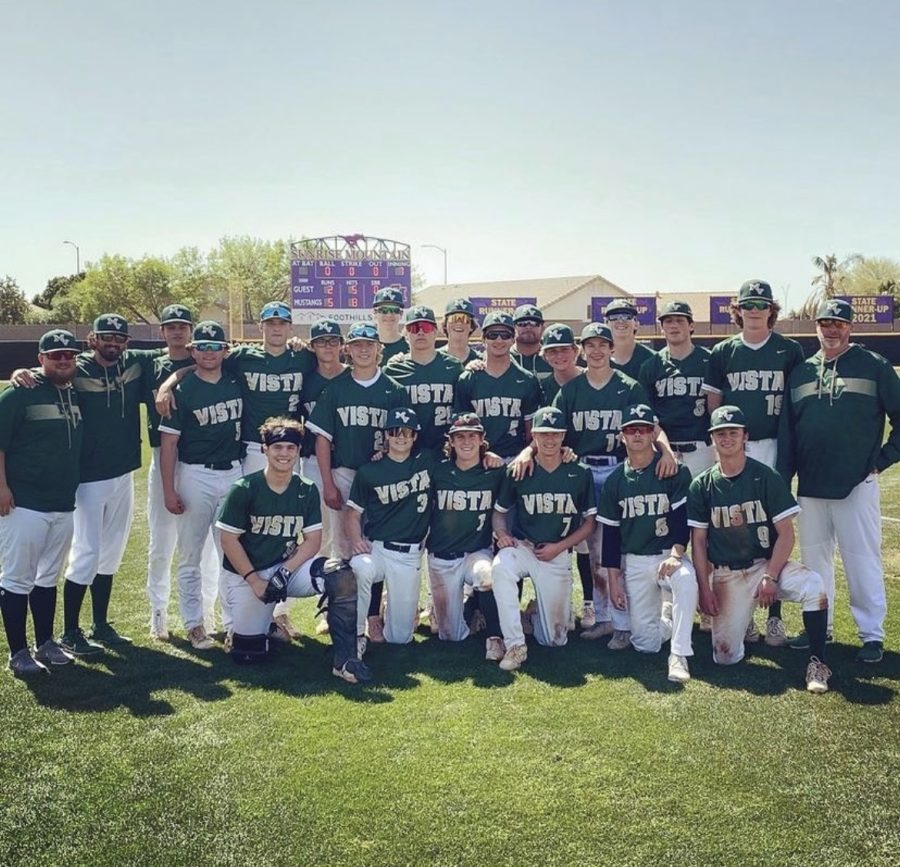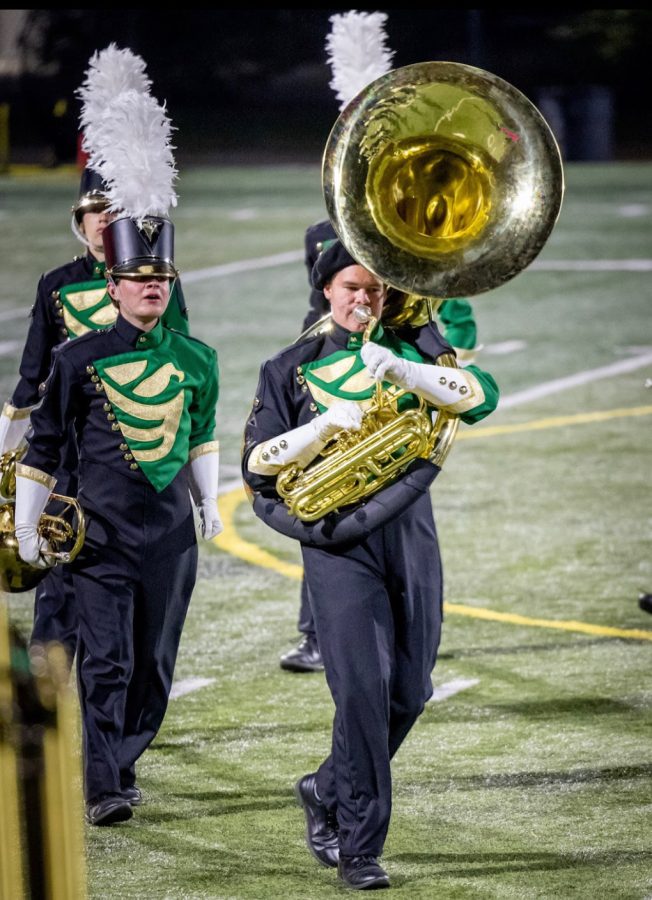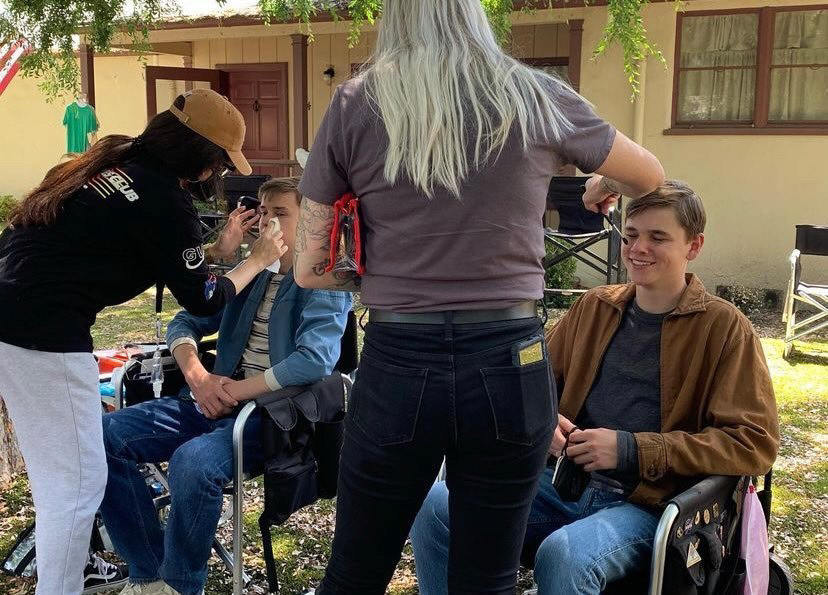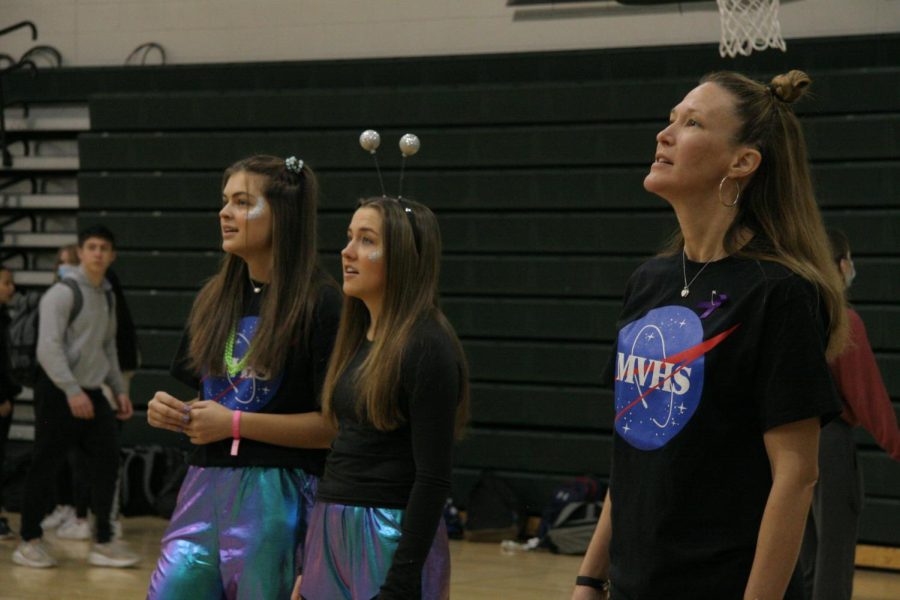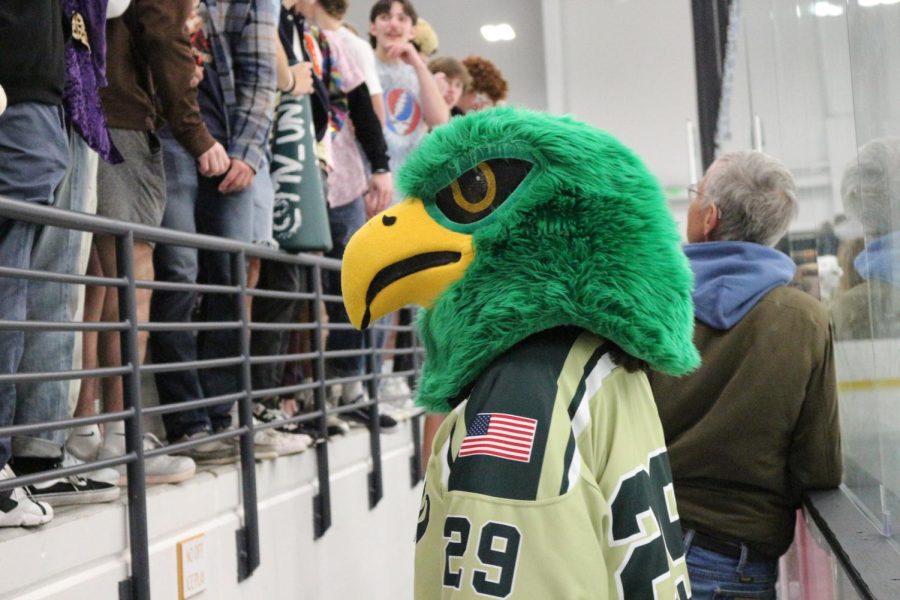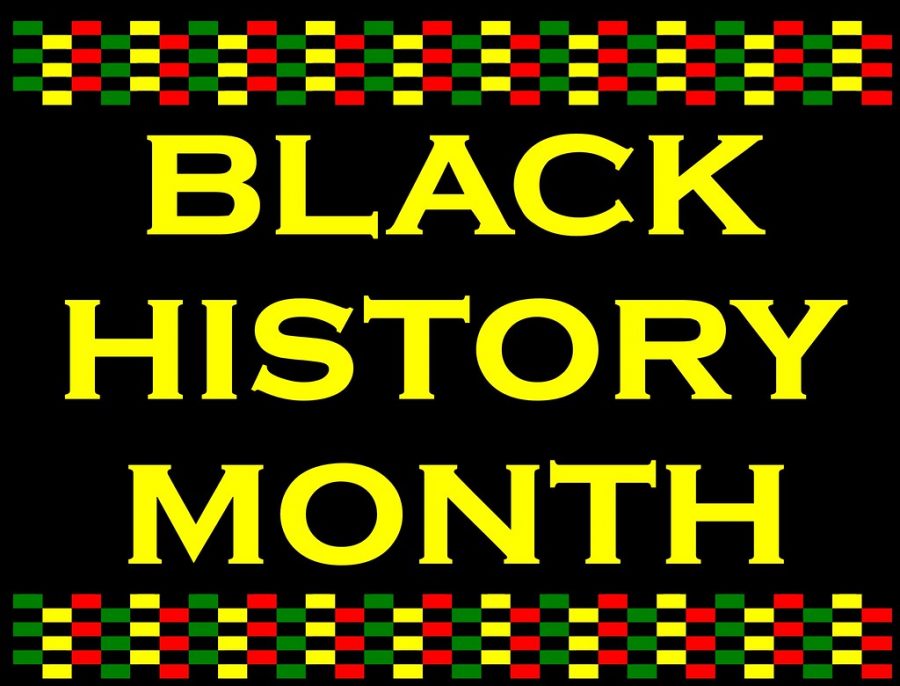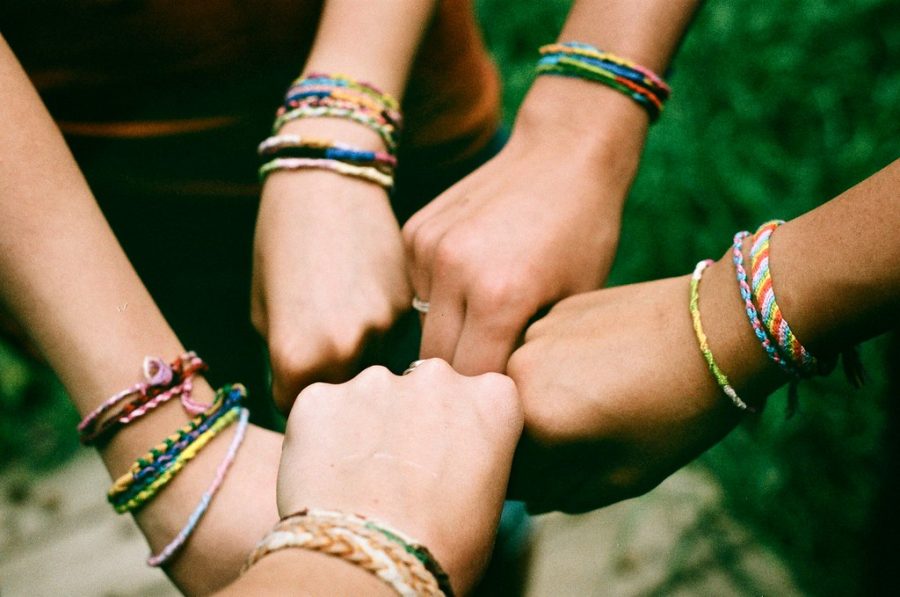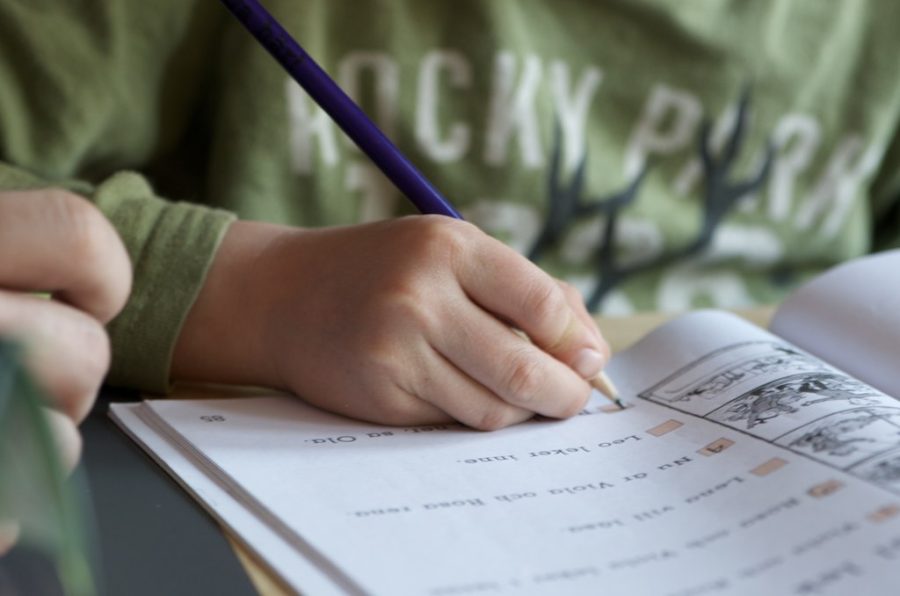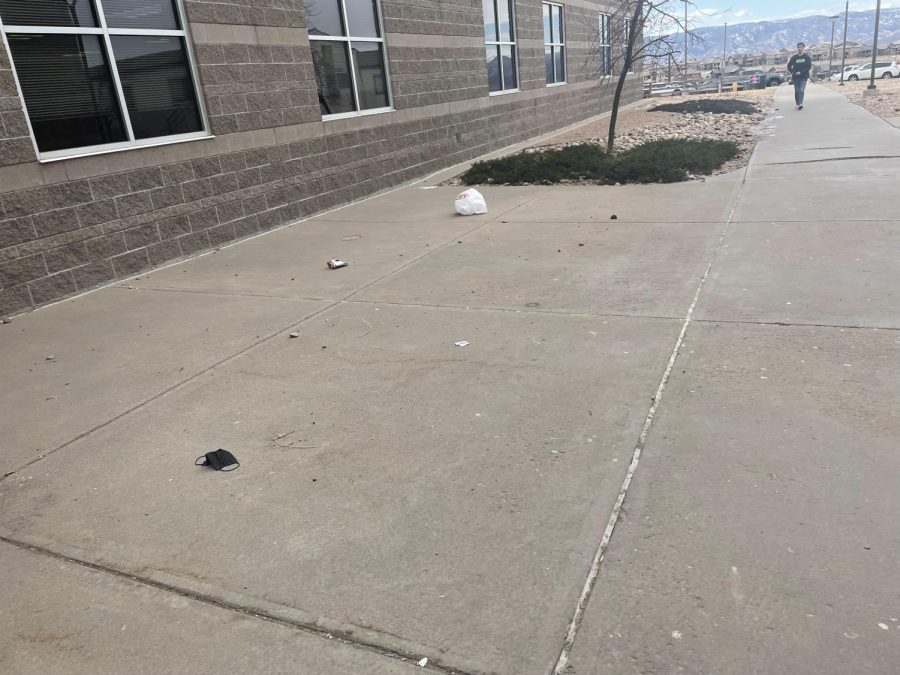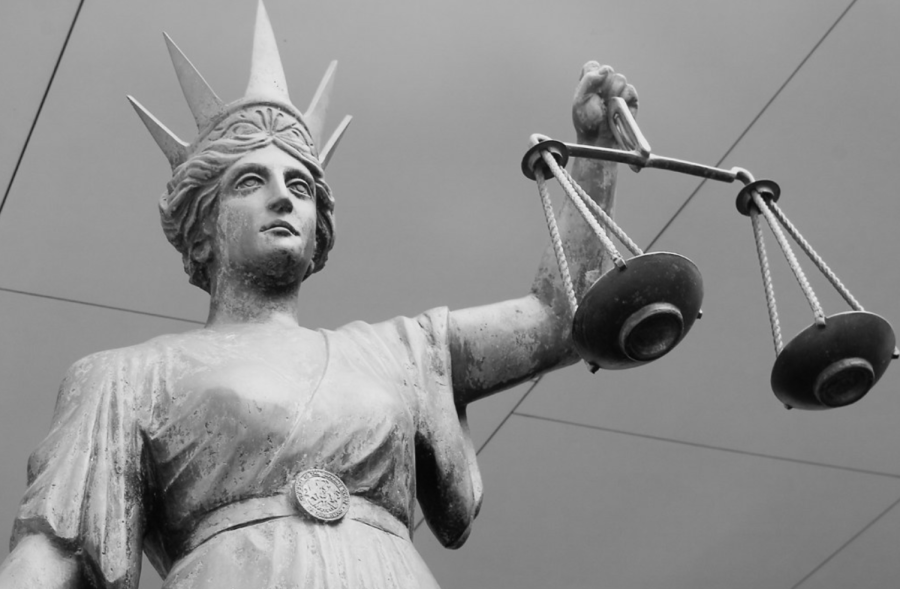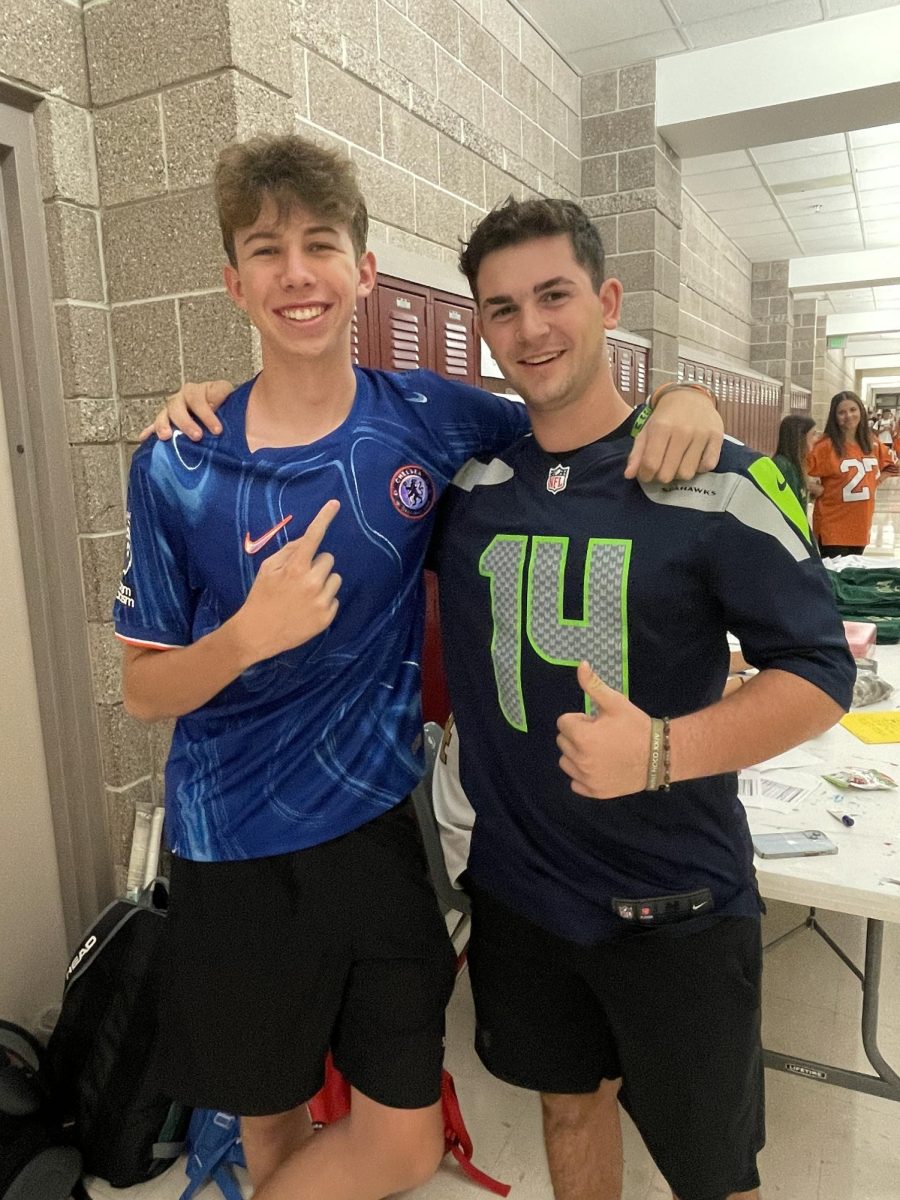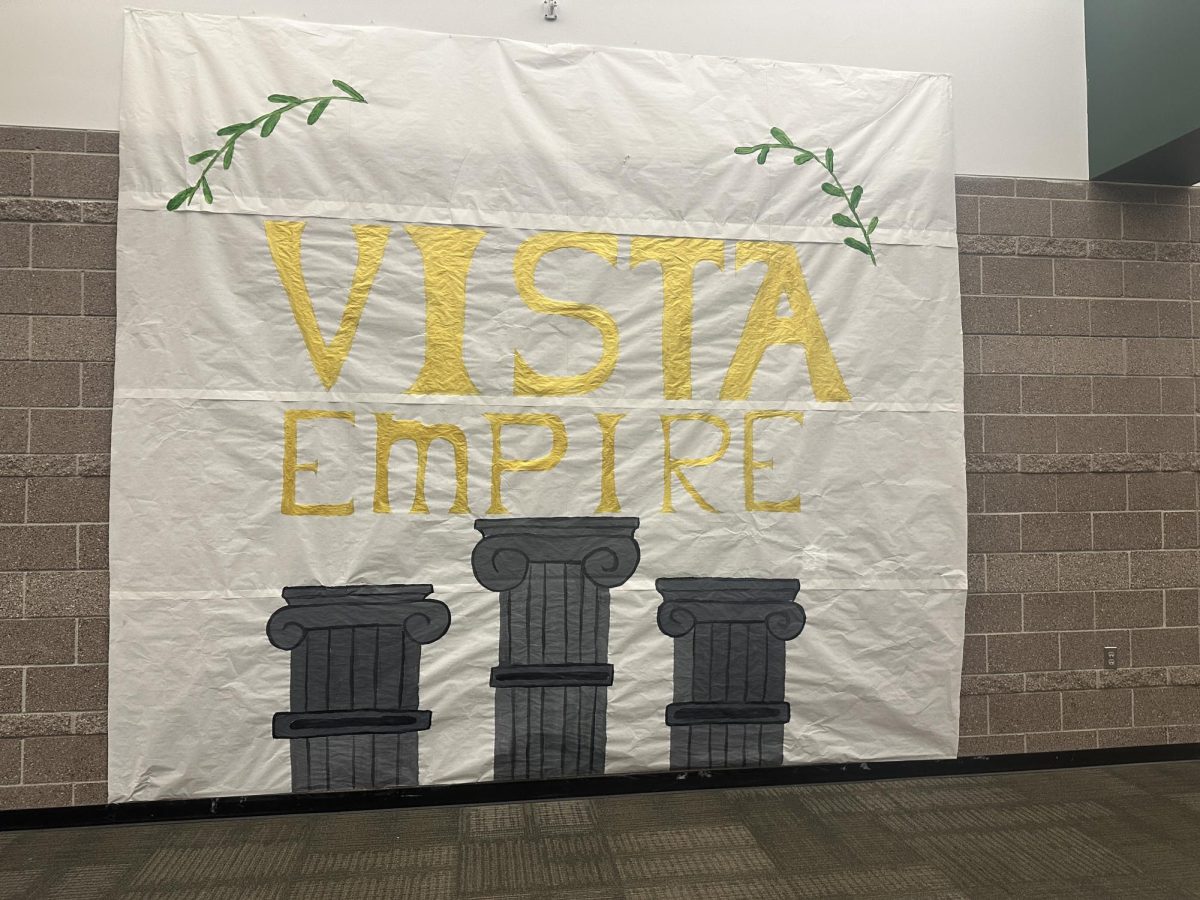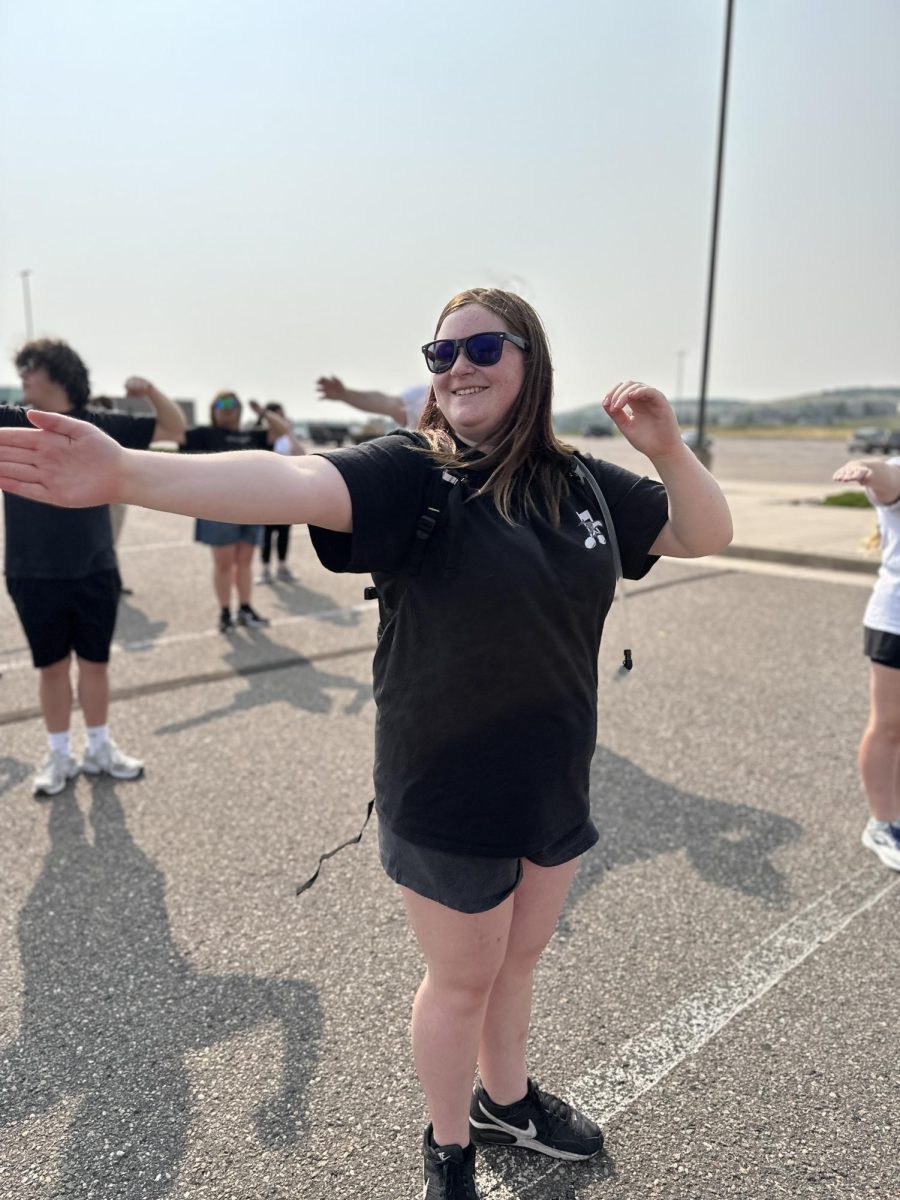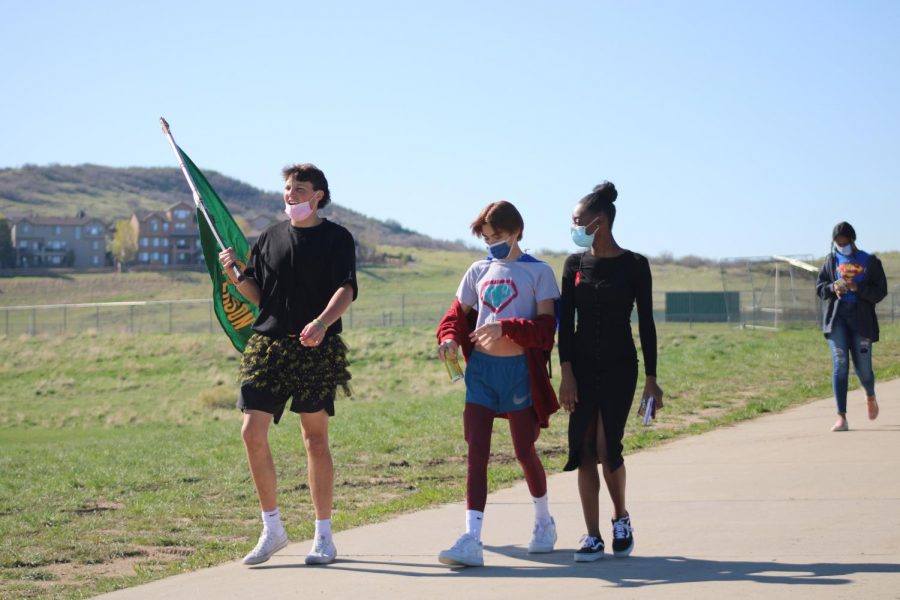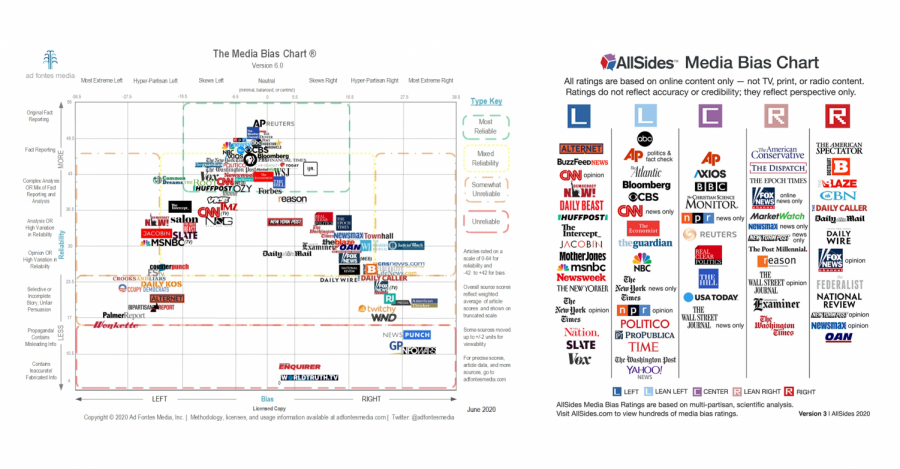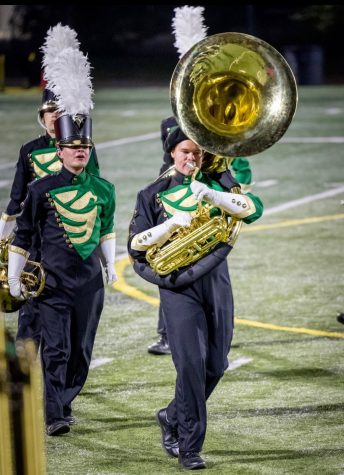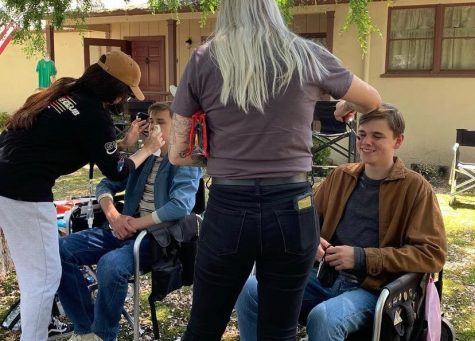Real vs. Fake News: Bias and Misinformation in the Media Today
A society that facilitates the spread of inaccurate news is a society that will fall hand to those who create it. With America being divided politically and socially between the left and right leaning parties, it is almost inescapable that one would avoid consuming a form of informational media that is misleading or unreliable. While national news stations are regulated to be unbiased, the stations are run by real human beings with real emotions and opinions, creating a natural bias in any sort of news. Right leaning stations, such as Fox News, typically focus more on conservative ideas and values, while left leaning news stations, such as CNN, mostly highlight liberal views.
“Just finding the facts is now an antiquated dinosaur. I don’t think they exist anymore,” social studies teacher John Hettich said. “I think that everyone is bringing a slant purposefully to the information that they are trying to share, and that it is a consumer’s job then to balance those sources.”
Fake news comes in two forms: stories that have been invented for the purpose of emotionally manipulating their audience into a predetermined opinion, or stories with themes of honesty…but the whole truth isn’t quite presented in the form of cutting off quotes or tampering with pieces of film.
As of 2020, roughly 85.5 % of the total U.S. population have had access to the internet from anywhere via any device, adding up to approximately 313 million internet users nationally. The constant stream of information overwhelms websites, social media, channels, etc. Anyone can put anything on the internet, so it also becomes a platform for fake news to flourish in. Steering clear of misinformation is as simple as being aware of its existence. One can check website credibility, review media bias charts, have a solid understanding of opinions vs. facts and so much more.
“If you’re looking for news that’s going to have no bias and no possibility of being doctored or fake or anything like that, think it’s important to be very aware of it,” Cassandra Goetter, 11, said. “Also, if you’re on a website like the New York Times, or something like that, just make sure that you are aware [of all the ways the media can be untrue].”


